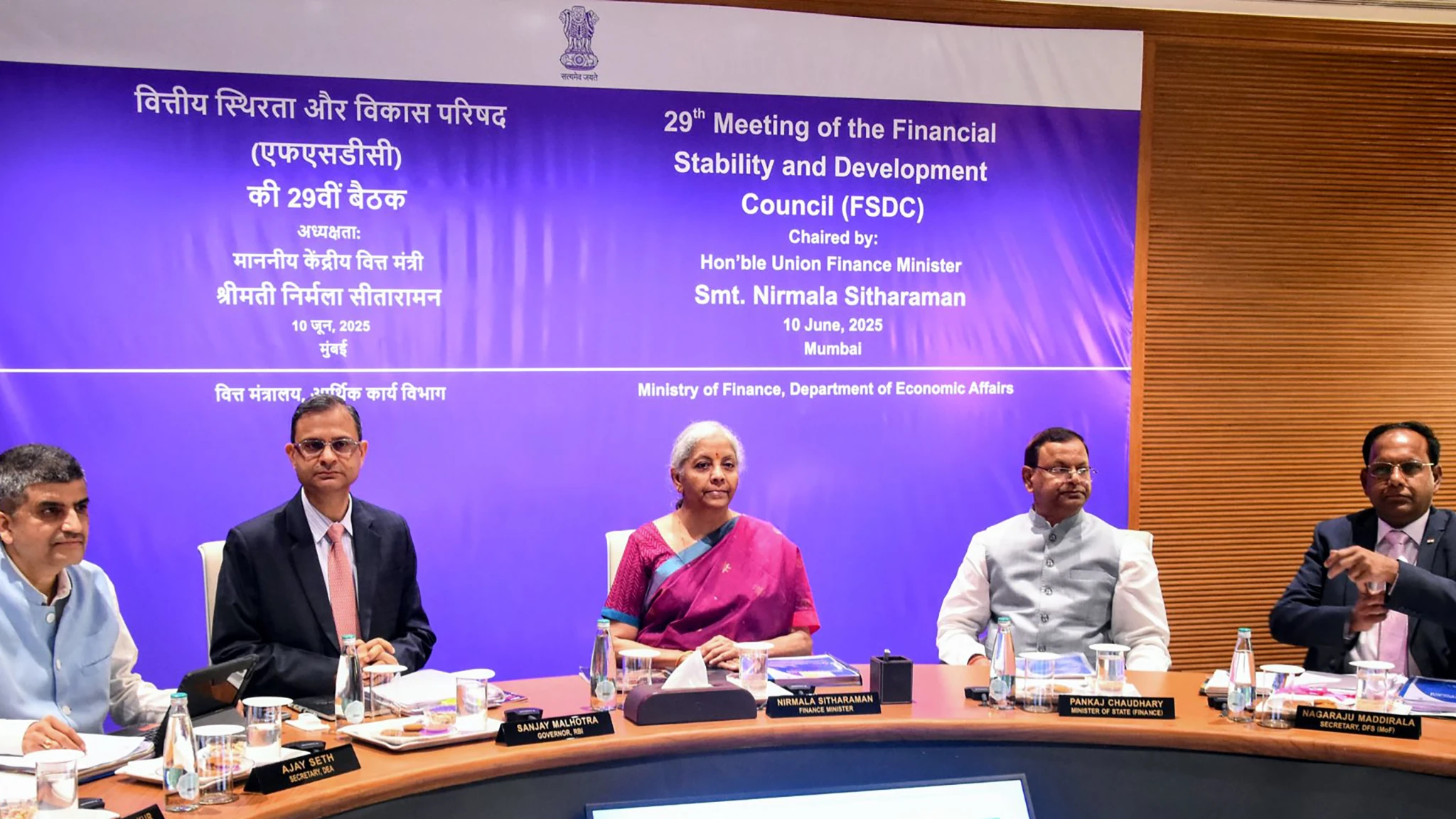The IPO of Allied Blenders and Distillers has arrived, and with it, renewed focus on the heady valuations commanded by the alcoholic beverage sector. The company’s projected price to earnings (P/E) ratio for FY25 is a staggering 54 times, as per analysts. Even at this level, it is considered a discount to industry stalwarts like United Spirits and United Breweries. Is this market exuberance justified, or are investors and regulators turning a blind eye to potential risks?
Premium for Spirits
Historically, alcobev firms have enjoyed premium valuations. Allied Blenders’ Red Herring Prospectus points to an average industry P/E of 62 times. This premium is often attributed to the sector’s inherent advantages: high entry barriers due to complex regulations and licensing, and a limited number of listed players creating a scarcity premium for investors. These factors contribute to a perception of stability and sustained growth, attracting investor interest despite broader market fluctuations.
Valuation Concerns
However, a cross-sector comparison raises eyebrows. Indian alcobev valuations now rival or surpass those of consumer staples giants like Hindustan Unilever and Britannia Industries. This parity is perplexing when contrasted with global peers Diageo Plc and Pernod Ricard SA, trading at significantly lower P/E multiples of under 20 times. Unlike the relatively stable FMCG sector, the alcobev industry in India grapples with intense regulatory oversight. Punitive taxes, varying state regulations, and government-controlled pricing create a volatile operating environment. Policy shifts at the state level can abruptly disrupt business, as seen in Delhi and Andhra Pradesh, impacting profitability and investor confidence. Analysts at Elara Securities have also noted the margin erosion in recent years due to inflation and restricted price hikes.
Director Diligence
Against this backdrop of high valuations and inherent risks, the Indian Institute of Corporate Affairs (IICA) is launching a timely course for independent directors to better understand financial statements. This initiative is crucial, especially for audit committee members who must ensure transparent financial processes. Recent corporate incidents have highlighted the critical role of independent directors in flagging potential issues. Equipping directors with enhanced financial literacy will empower them to scrutinise valuations, challenge management assumptions, and safeguard shareholder interests. This move aligns with the Companies Act, 2013, which emphasises the expertise and integrity required of independent directors.
Are these lofty valuations sustainable? Investors must tread carefully and independent directors must sharpen their financial acumen to justify such market valuations. Enhanced oversight and informed scrutiny are paramount to ensure that market exuberance does not overshadow fundamental risks.










Leave a Reply